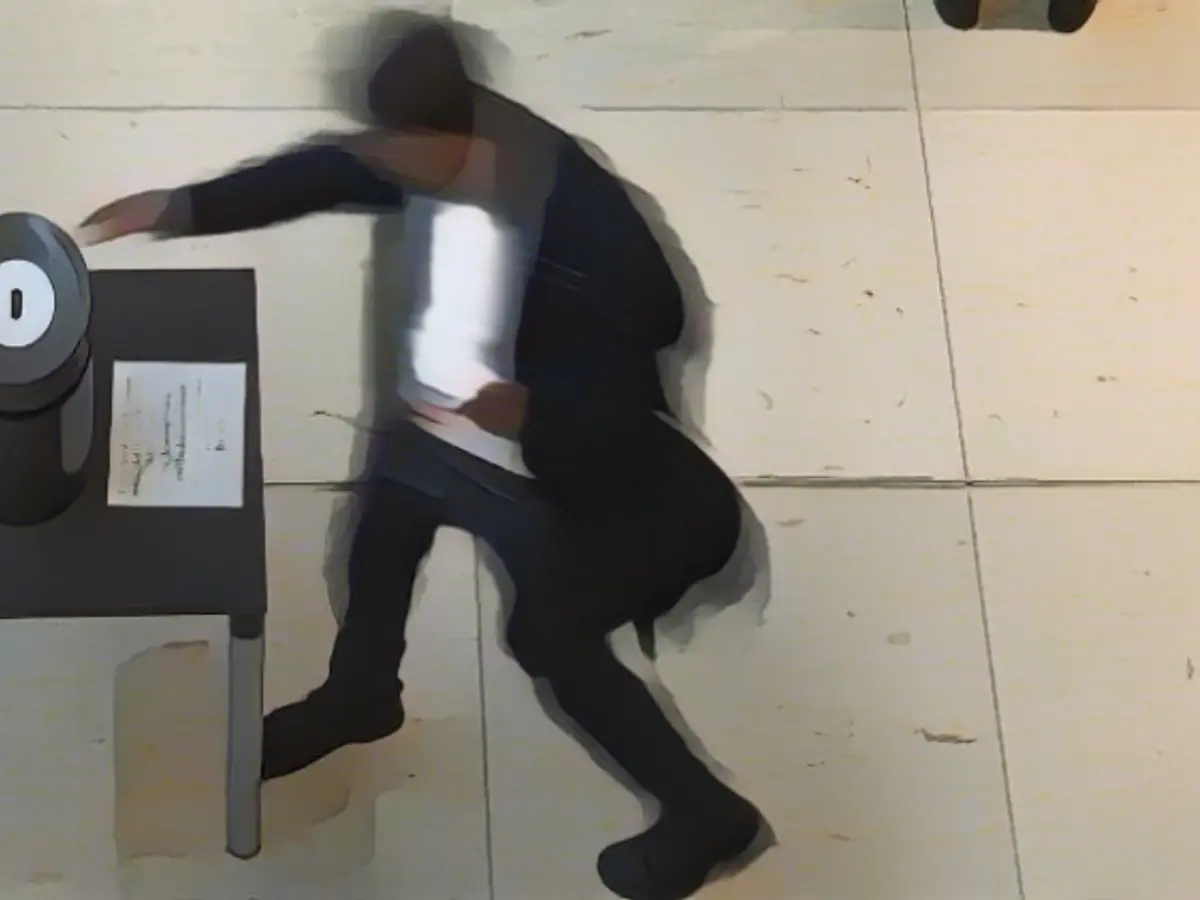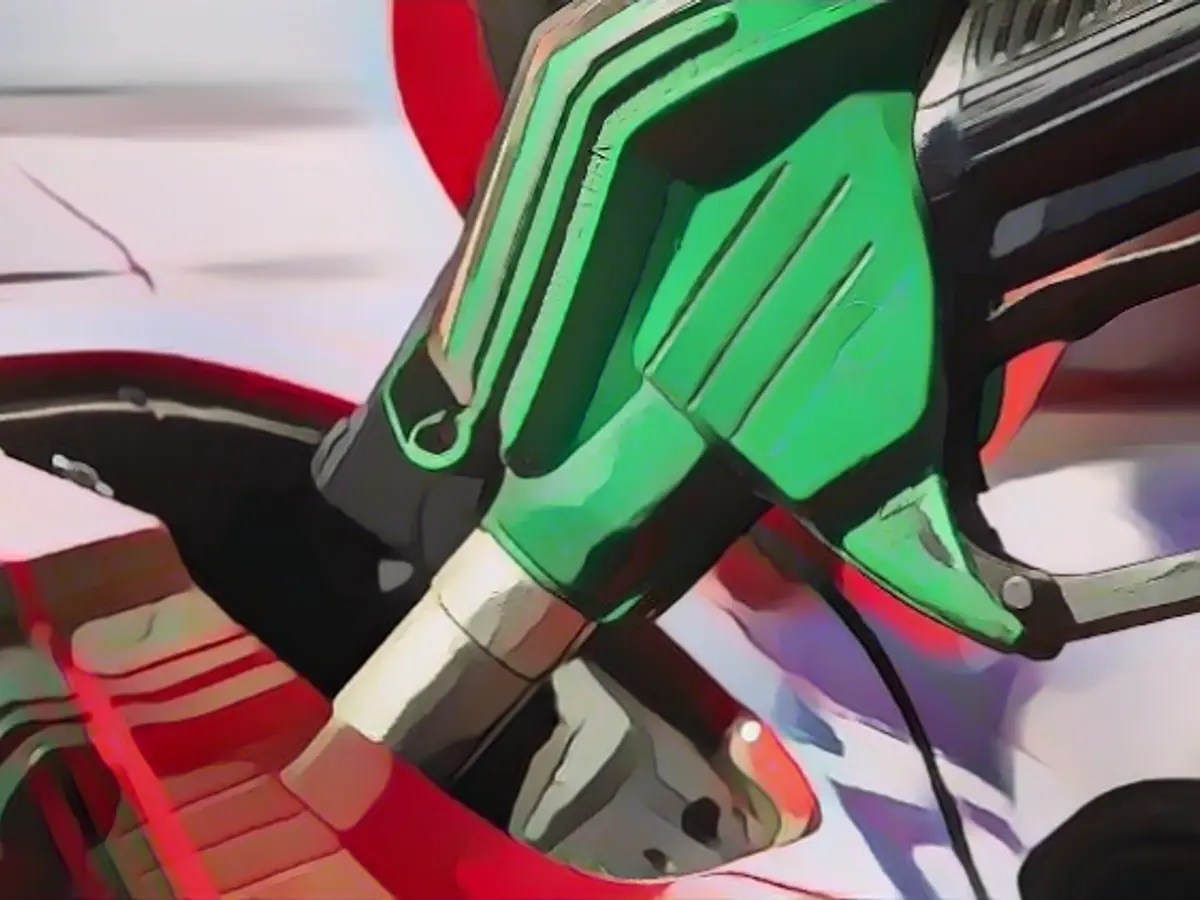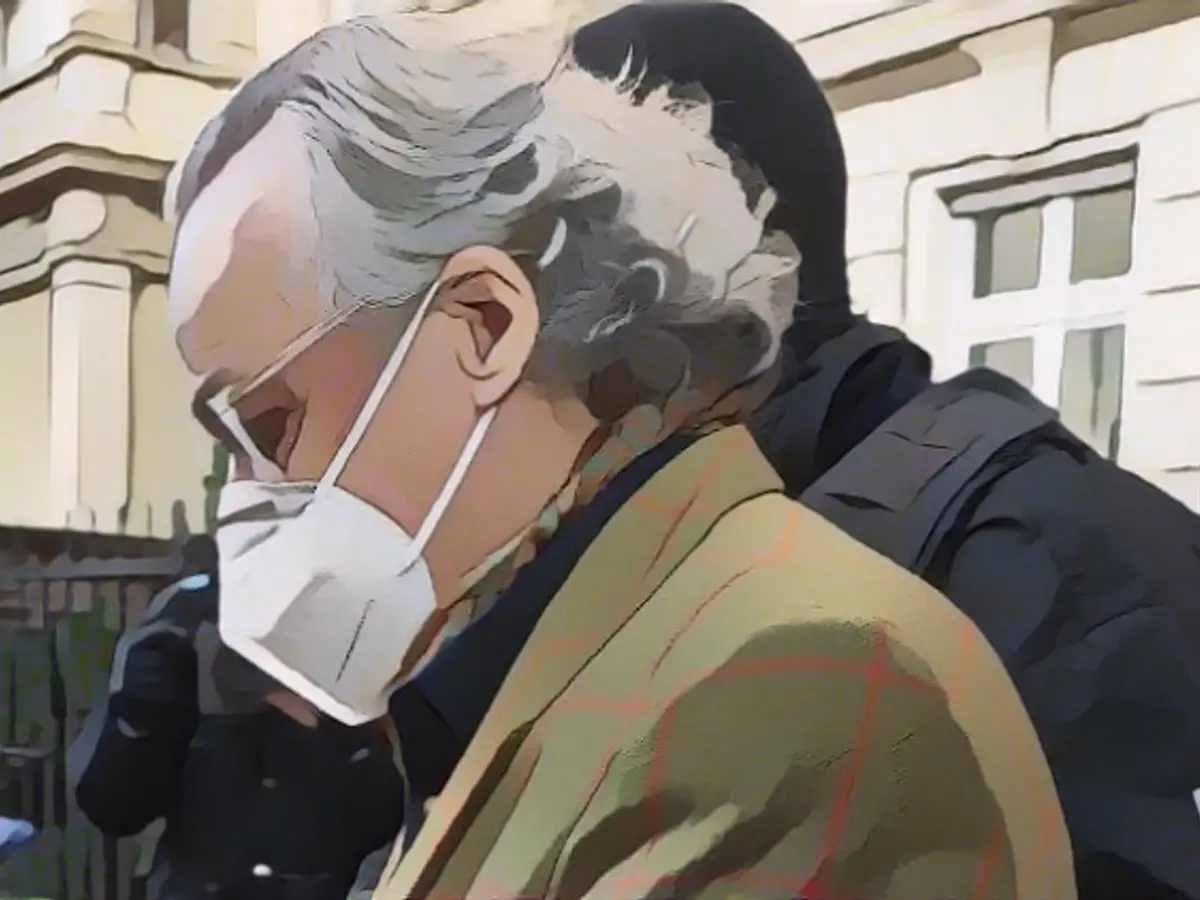Upcoming Shakeup in German Politics as Wagenknecht Alliance Forms
In an unexpected move, Sahra Wagenknecht and her political allies have chosen to leave the Left Party and establish their own group in the Bundestag. This decision is set to disrupt the Left Party, which will cease operations within the week. Two distinct applications for group formation will be submitted to the Bundestag shortly.
Wagenknecht and her nine colleagues departed from the Left Party in October. Consequently, the previously prominent Left Party parliamentary group, comprising 38 members, will disband on December 6. The remaining 28 Left Party MPs have put forth an application for their own group and are eager to gain the Bundestag's recognition swiftly. A resolution from the plenary is required to grant new groups the right to participate in parliamentary business.
Fewer Privileges, Less Funding
Compared to a parliamentary group, a 'group' possesses fewer advantages, such as posing questions to the government. These groups also receive less financial support from state resources. It remains uncertain as to whether the Bundestag will consider both groups simultaneously or position them in the plenary chamber in the future.
When the Left Party parliamentary group dissolves, around 108 employees will find themselves out of work, including political advisors and administrative staff. The likelihood of those employees securing new roles within the new groups is yet to be determined, given the potential constraints of their financial resources.
Additional Insights
- Political Implications: Wagenknecht's split from the Left Party has instigated significant changes in German politics, particularly in the lead-up to the upcoming parliamentary elections. The new party, now known as the BSW, is working diligently to meet the 5% threshold to secure a place in the Bundestag, thwarting the Left Party's efforts to do the same.
- Financial Support: Competition for financial resources will become increasingly intense for both parties. Due to its recent formation and lower initial support, the BSW will require time to establish a solid financial base. This might be challenging, given the surge in large donations that the BSW has received recently, with concerns over transparency and fair competition.
- Regional Support: The BSW has stronger backing in eastern Germany, where they have garnered between 12% and 16% of the vote in past state elections. In contrast, their level of support in western Germany is significantly lower. This regional disparity will shape how the party allocates its resources and campaign efforts as it seeks to expand its following beyond its traditional stronghold.
- Competition for Group Status: The BSW and the Left Party are both vying for a presence in the Bundestag, although theLeft Party has historically maintained a foothold and may secure group status if the necessary electoral requirements are met. Failure to qualify for group status would greatly limit the BSW's legislative influence and resources within the parliament.








